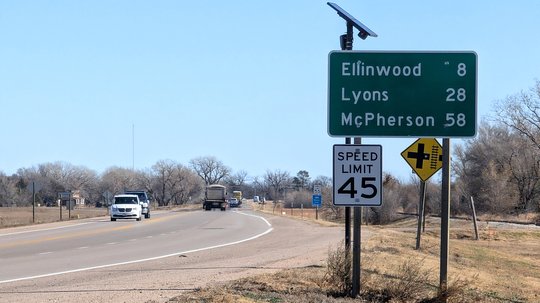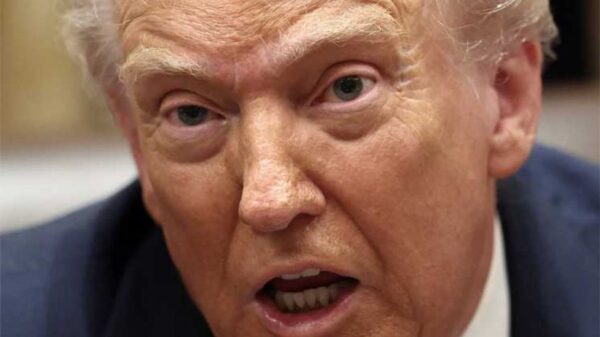UPDATE: A leaked document from the UK’s Office for Budget Responsibility (OBR) has sent shockwaves through the gambling industry, revealing an unprecedented 40% remote gaming duty set to take effect in April 2026. This tax hike, significantly higher than the anticipated 30–35%, is poised to reshape the landscape for online casinos and operators.
The immediate impact is stark, with shares in major companies like Entain, Flutter, and Evoke experiencing sharp declines, some plummeting nearly 20%. This downturn occurred even before the Chancellor unveiled the full budget, as investors reacted to the startling scale of the proposed changes.
Industry insiders are raising alarms, suggesting that this tax increase could push several operators into financial jeopardy, particularly those with narrow profit margins or substantial marketing expenses. While the government plans to abolish bingo duty from its current 10% rate, this move offers little reprieve against a tax burden that nearly doubles the current rate of 21%.
According to the OBR, the Treasury aims to generate GBP 1.1 billion ($1.46 billion) annually from the revamped gambling duties by 2029–30. However, officials foresee significant losses in revenue as bettors may turn to offshore sites or reduce their gambling activities, potentially costing the UK economy about one-third of this expected income.
Developing Details: The tax overhaul also includes plans for a new general betting duty of 25% set to commence in 2027, excluding spread betting, pool betting, and horse racing, a concession won by the racing industry. Existing duty rates for traditional casinos will be frozen for a year before being adjusted to inflation.
Industry representatives warn of dire consequences, including layoffs and the potential collapse of smaller companies that already face multiple layers of tax. Notably, Flutter’s Sky Bet has already relocated its headquarters to Malta, a move expected to save tens of millions in future tax liabilities.
The OBR anticipates that over time, operators will adapt their products to mitigate the impact of the new taxes. However, the immediate future appears grim, with the industry bracing for a challenging transition. While a 40% tax was not the worst-case scenario discussed in recent months, it is dangerously close to it.
As the UK gambling market prepares for these drastic changes, operators, investors, and stakeholders must confront the reality that the landscape is about to shrink. The urgent question now is how these new policies will reshape consumer behavior and the operational viability of many online gaming businesses.
Stay tuned for further updates as this story develops.








































































